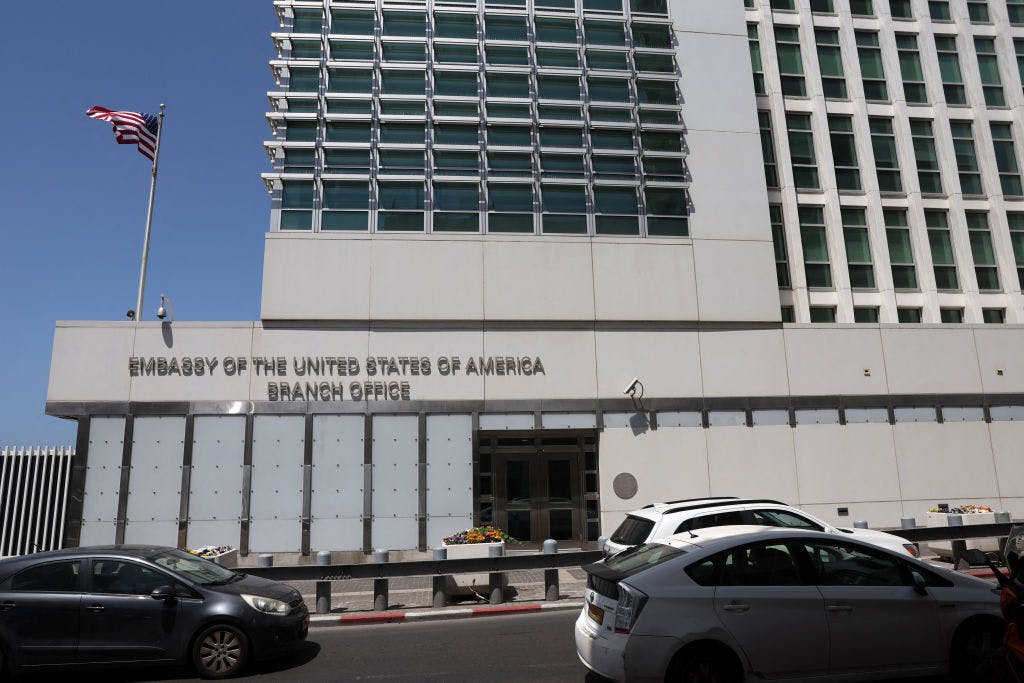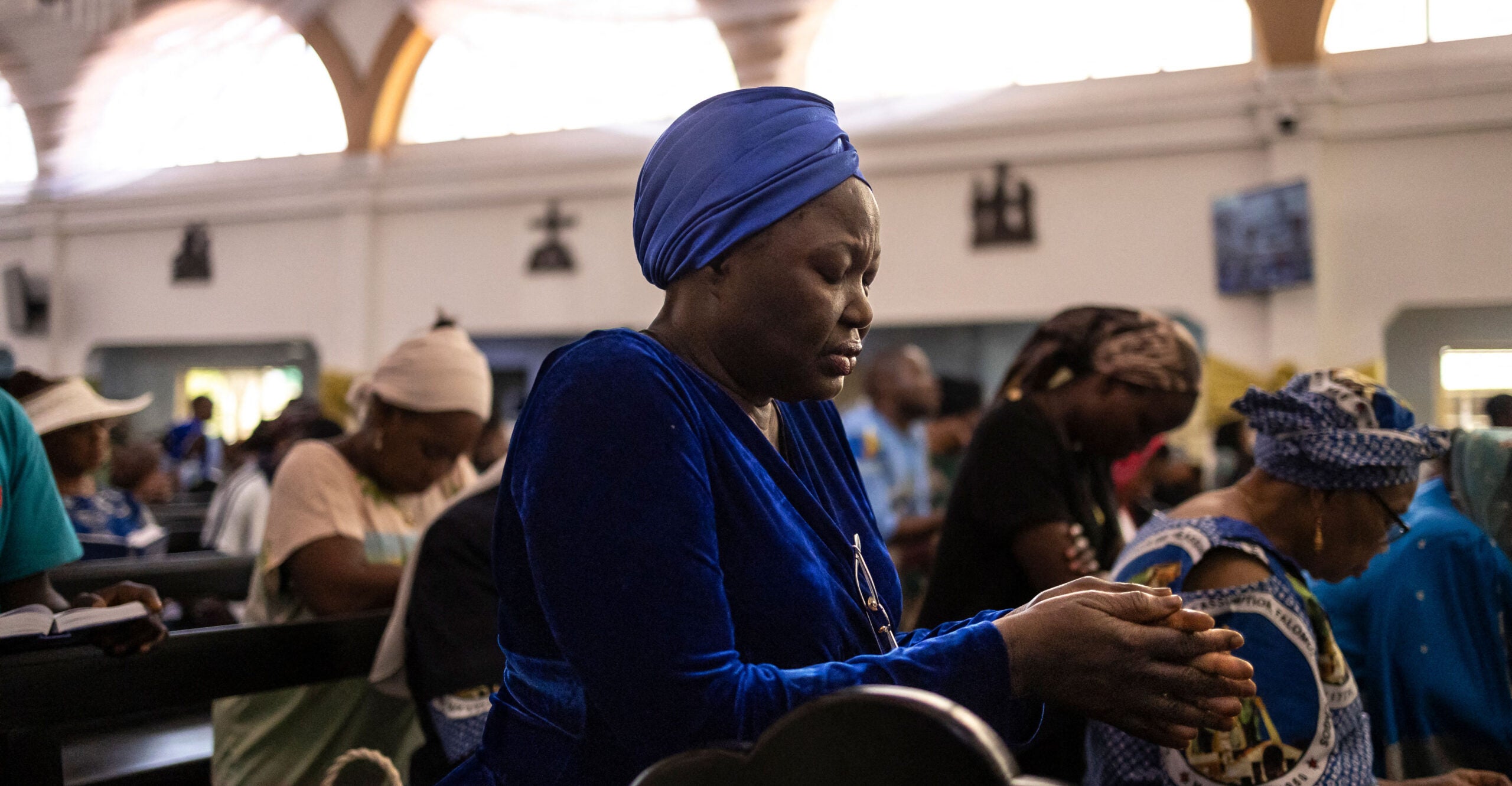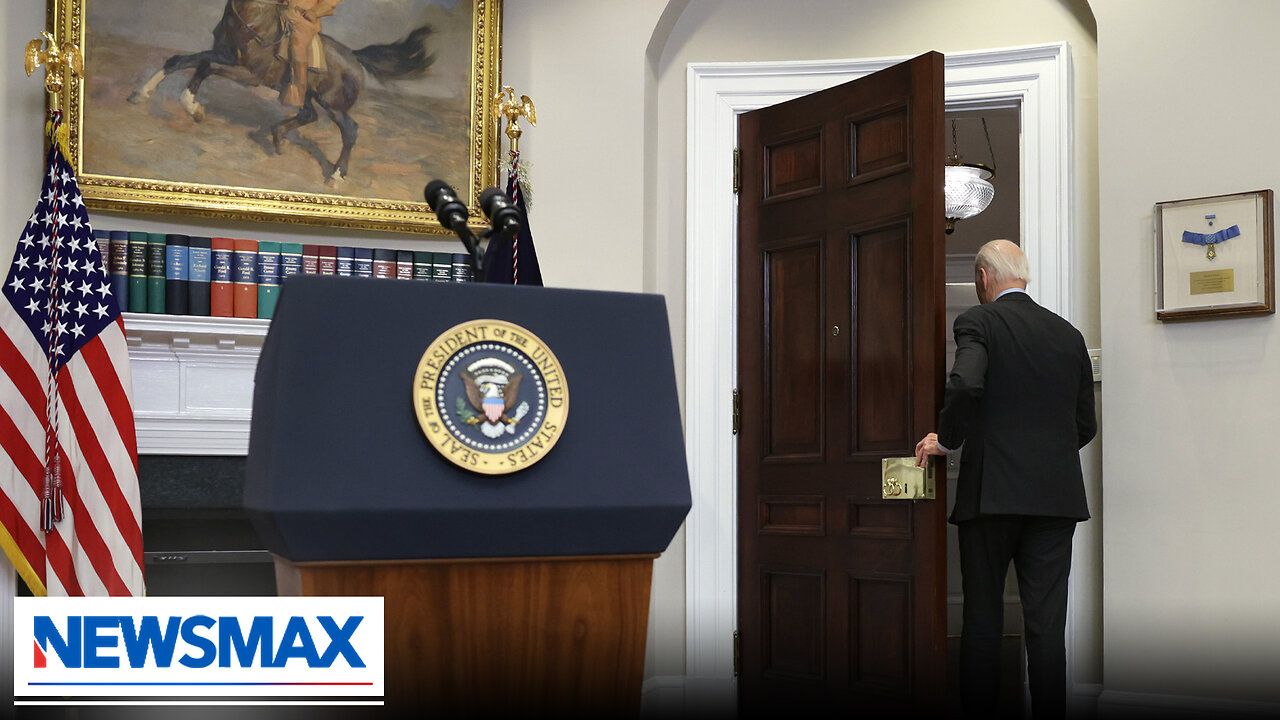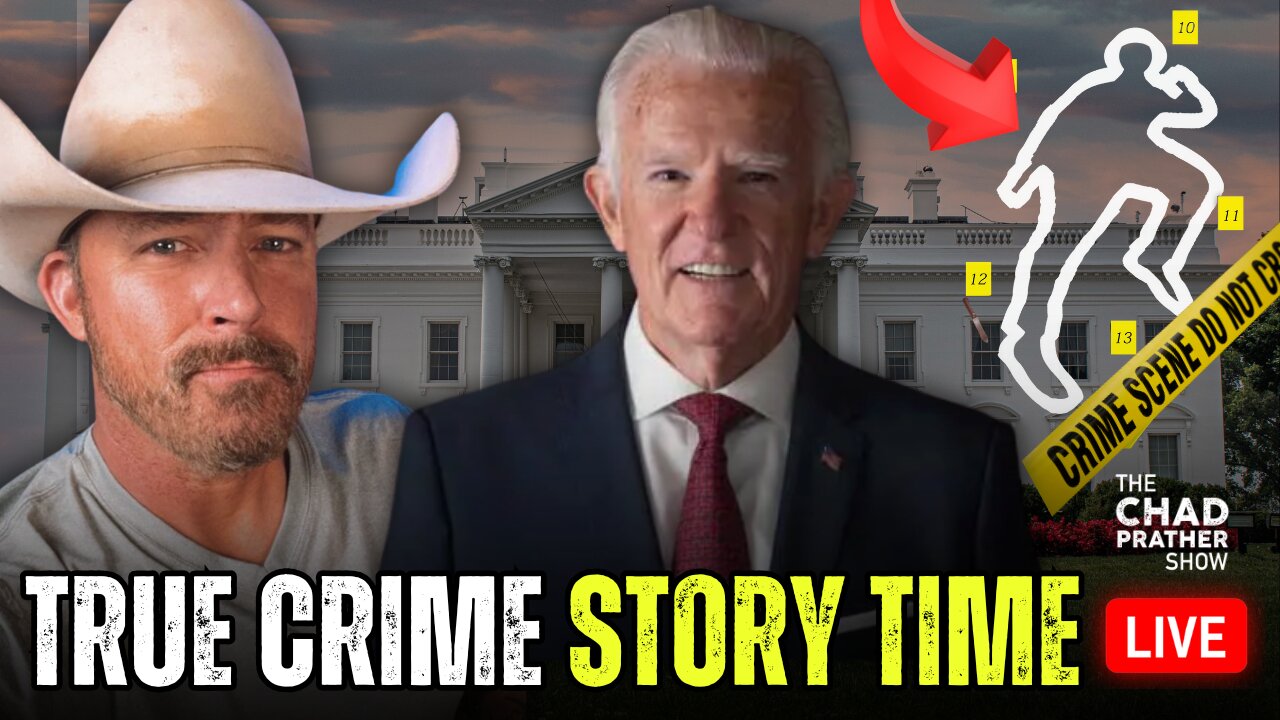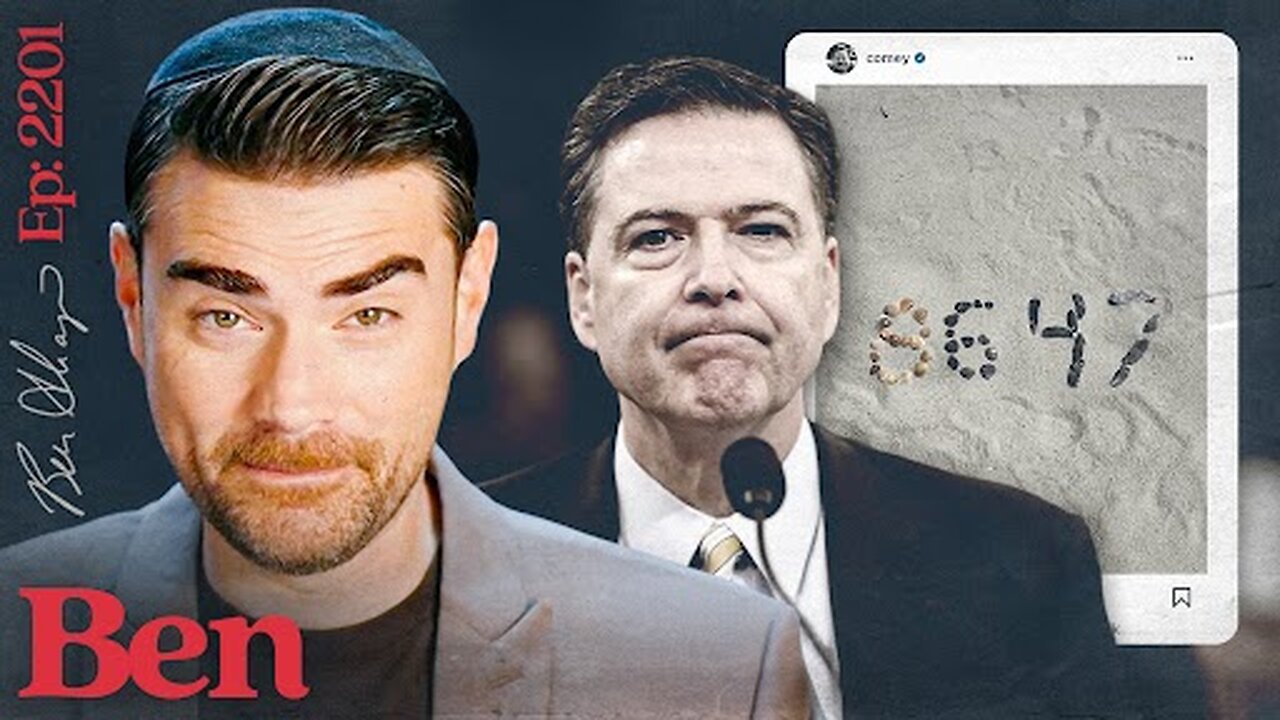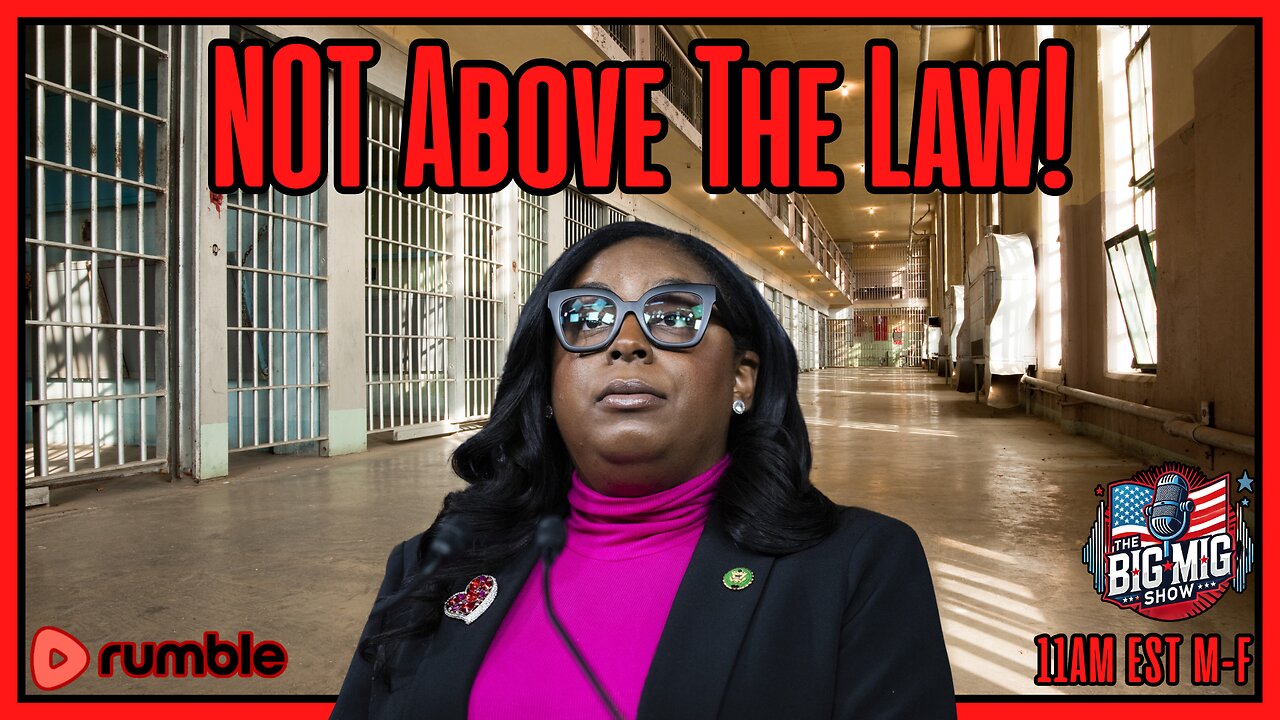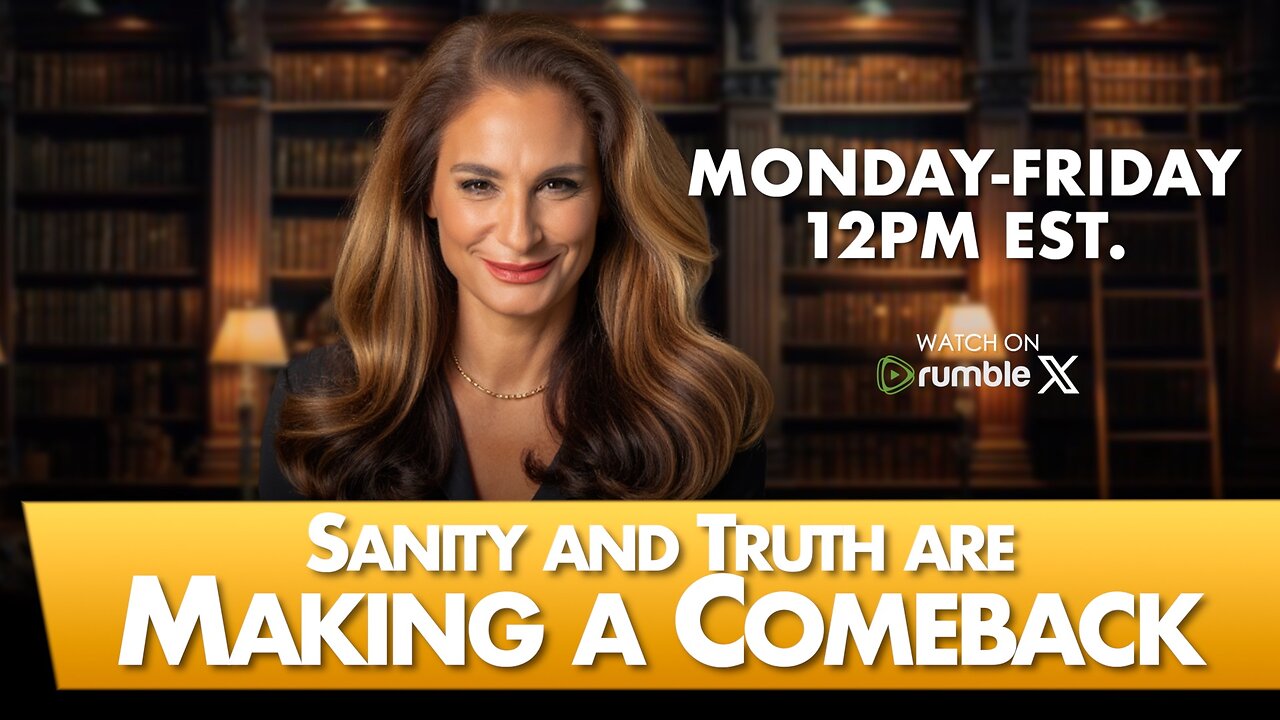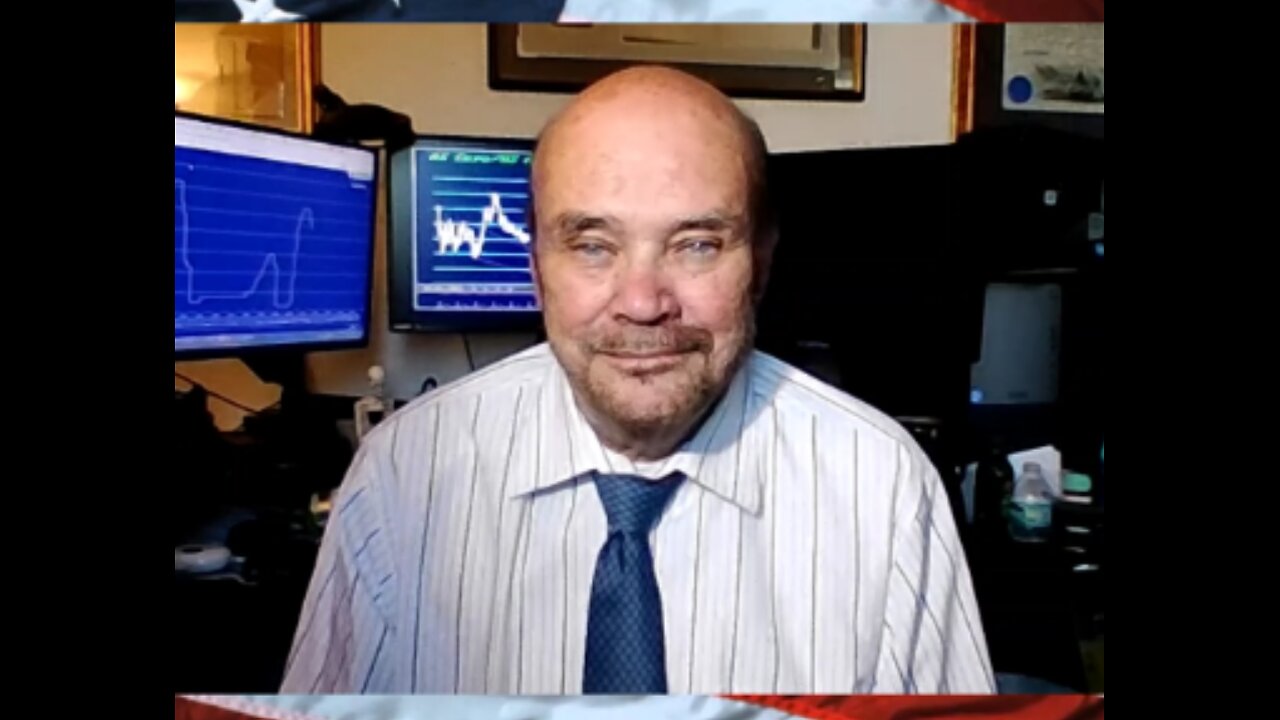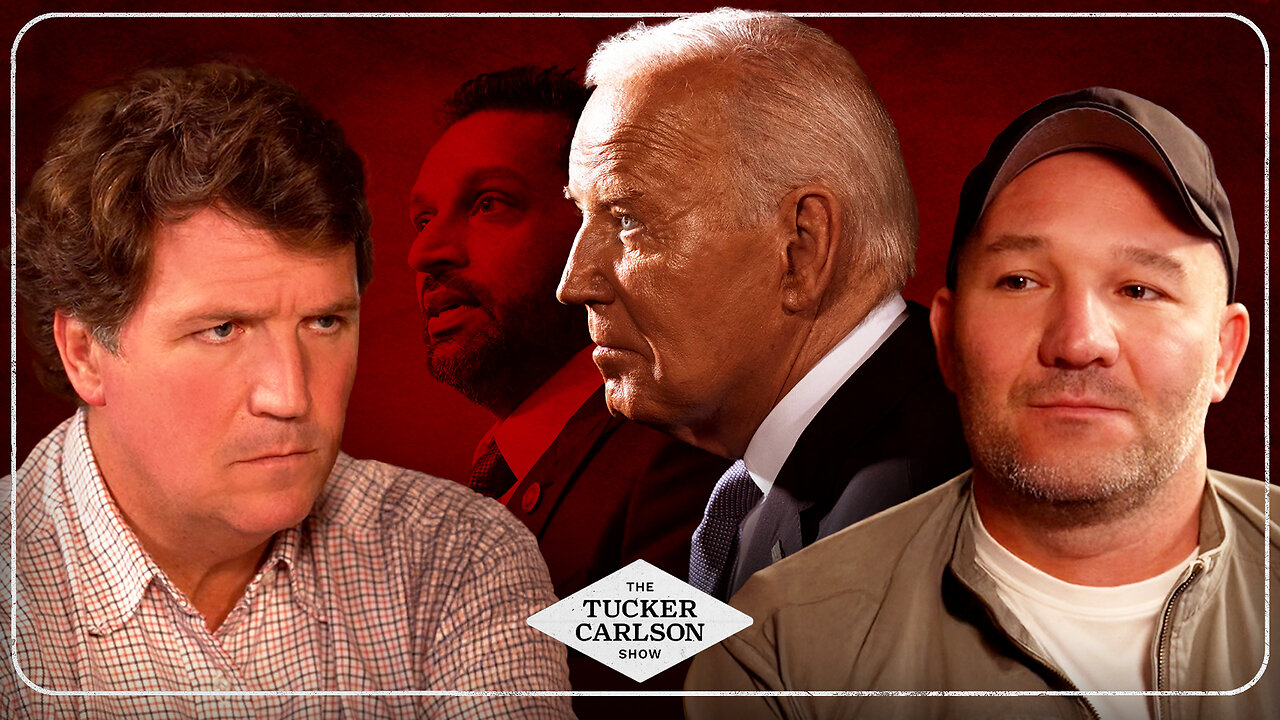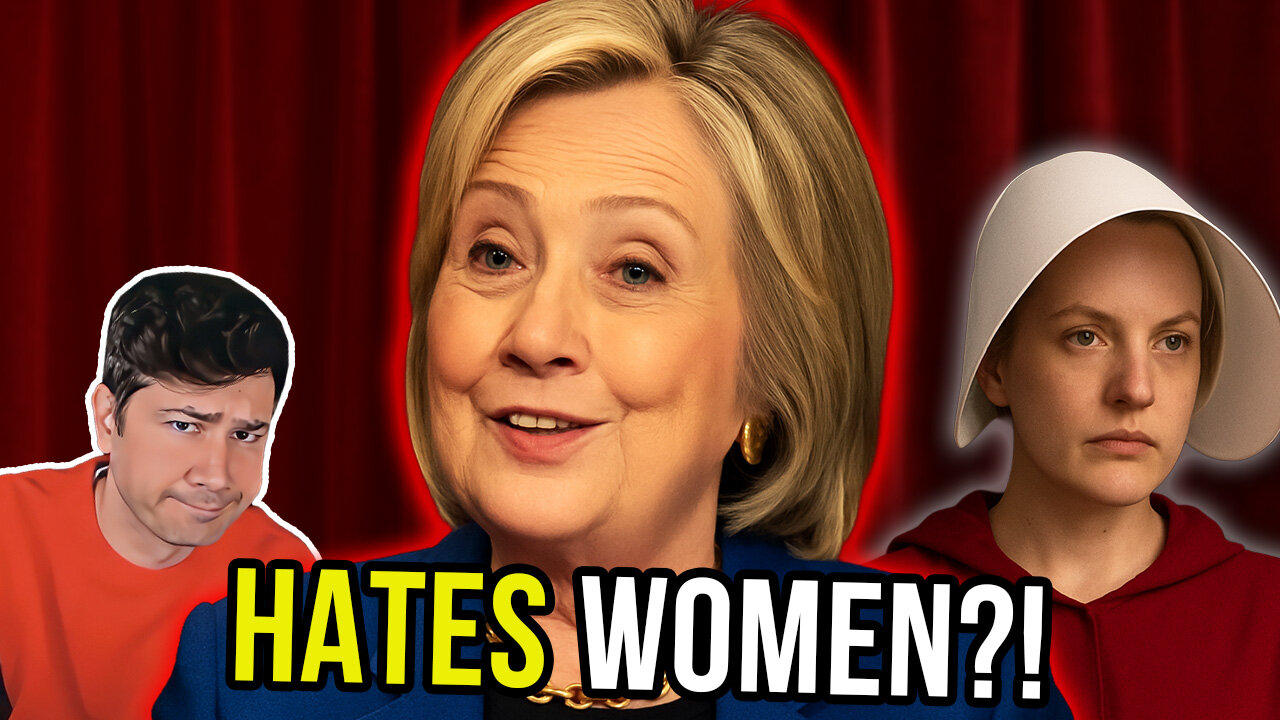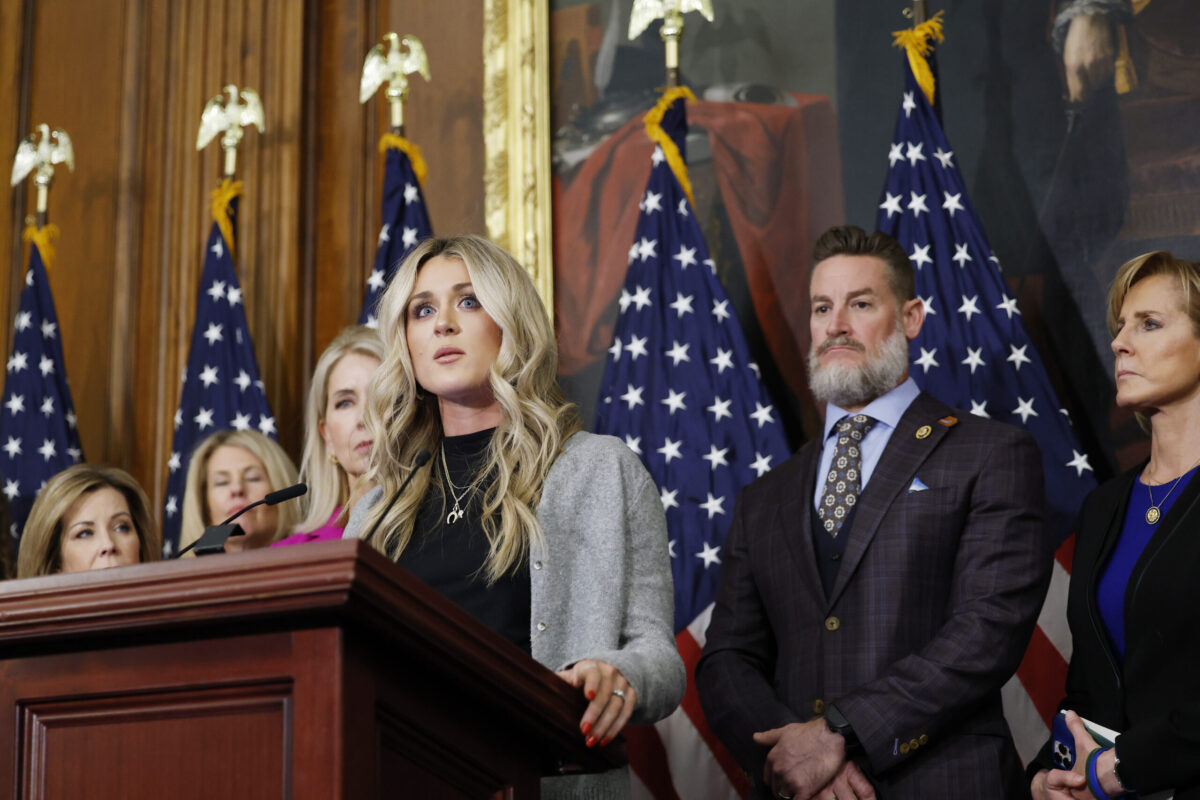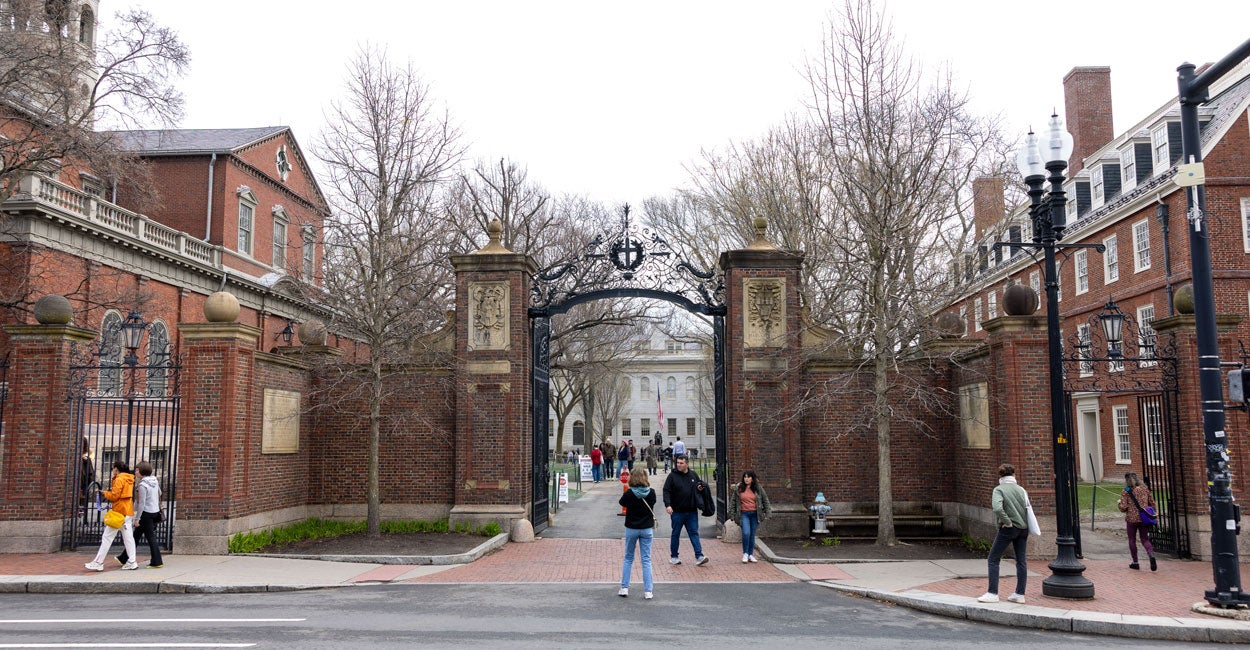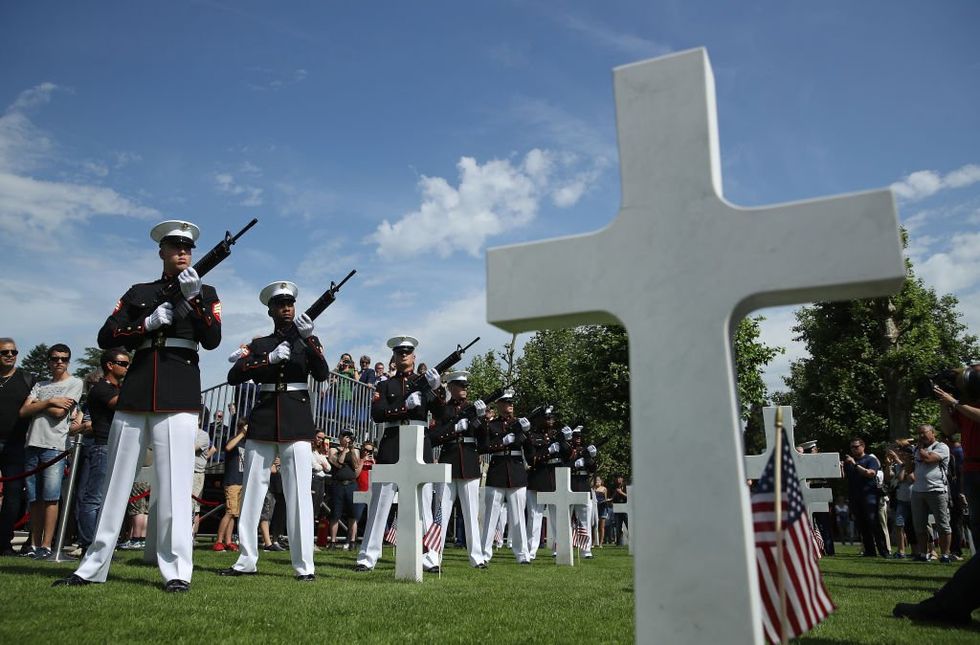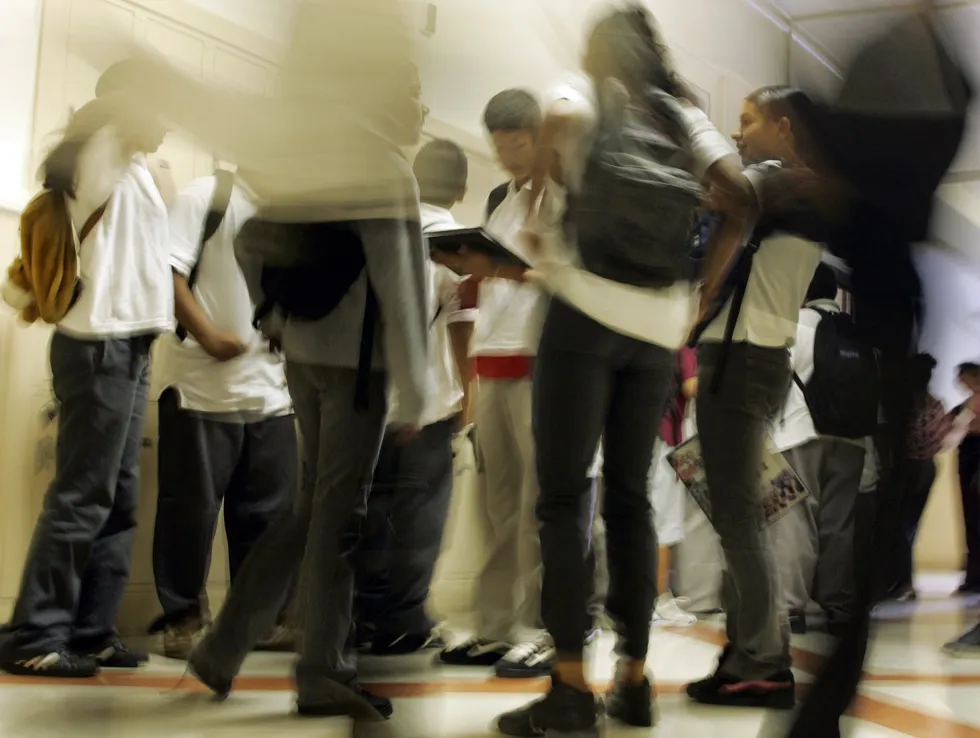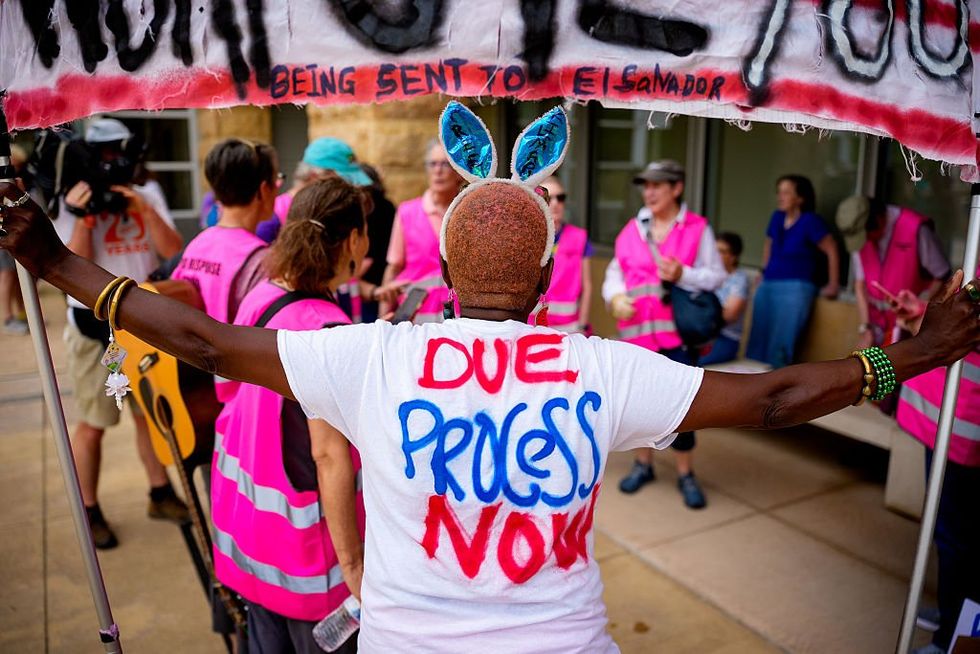‘Taking major legal action’: American county bans Bible from employee’s desk



Elections officials in Allegheny County, Pennsylvania, have been warned about a possible legal action over their actions in banning an elections judge from having a Bible at his desk so he could read it during breaks from his official duties.
“The Constitution’s Establishment Clause does not require that government employees be banned from expressing their religious faith. On the contrary, the Constitution requires equal treatment for religious expressions in the public sphere,” explained the American Center for Law and Justice.
The organization is taking up the fight on behalf of John Goodhart, a dedicated judge of elections in Pittsburgh, Pennsylvania, who was “unconstitutionally discriminated against while attempting to read his Bible during personal downtime at the polling place.”
“The significance of this case goes beyond one election worker’s right to read a Bible. It represents a critical stand against the growing trend of religious discrimination in public spaces. Our Founders understood that true religious freedom means protecting the right of individuals to express their faith – not creating a sterile environment that silences religious viewpoints,” the ACLJ explained.
The organization’s report on the developing battle explained the county banned the election poll worker “from having a Bible, outrageously calling it ‘offensive.’ We are taking major legal action to defend our client’s religious liberty.”
The ACLJ has begun with a letter dispatched to officials over their treatment of Goodhart, an experienced election worker in his second four-year term.”
A “staff member” with the Allegheny County Elections Division ordered Goodhart to conceal his Bible because of a vague invocation of “separation of church and state.”
“Goodhart has never had any previous issues with bringing his Bible to the polling place. It’s been his routine practice, and no one has ever complained. He places the Bible off to the side whenever he engages in his official duties (as anyone would do with a personal item), and he only opens his Bible to read when things are quiet or if he has a break from his official duties. Goodhart has never proselytized to voters, in any way whatsoever,” the legal team explained.
But on election day, a “staff member” from the elections division called him and said someone “complained” about his closed Bible among his personal effects.
“She ordered him to remove the Bible from view, as he was a functionary of the state within the polling place at that time,” the legal team explained.
However, “Prohibiting Goodhart from reading a Bible while others engage in private activities violates the First Amendment,” the county was informed.
“By reading his Bible during his personal time while on a break at his election desk, Goodhart is engaged in private activity, not within the scope of his employment. The Supreme Court’s analysis in Kennedy of a similar matter should be dispositive here. Goodhart wishes to engage in private religious activity, during his personal time, when his fellow coworkers are, likewise, engaging in private, personal activity,” the county was told.
Additionally, the Establishment Clause does not include a “modified heckler’s veto,” as there is “no right to stop someone from exercising their faith just because an observer is offended,” the team instructed.
Specifically, “The Establishment Clause does not require censorship of religious symbols or personal religious activities. On the contrary, the Free Exercise Clause protects the right to personal religious activities,” the legal team said.
The Supreme Court’s verdict on such disputes has been that “attempting to censor religious activity in the name of protecting religious liberty actually undermines the very freedoms our Constitution seeks to protect,” the report said.
“The Establishment Clause does not include anything like a ‘modified heckler’s veto, in which … religious activity can be proscribed’ based on ‘perceptions’ or ‘discomfort,'” the ACLJ said.
The letter charges the county with a need to affirm its support for constitutional rights.
What's Your Reaction?
 Like
0
Like
0
 Dislike
0
Dislike
0
 Love
0
Love
0
 Funny
0
Funny
0
 Angry
0
Angry
0
 Sad
0
Sad
0
 Wow
0
Wow
0


